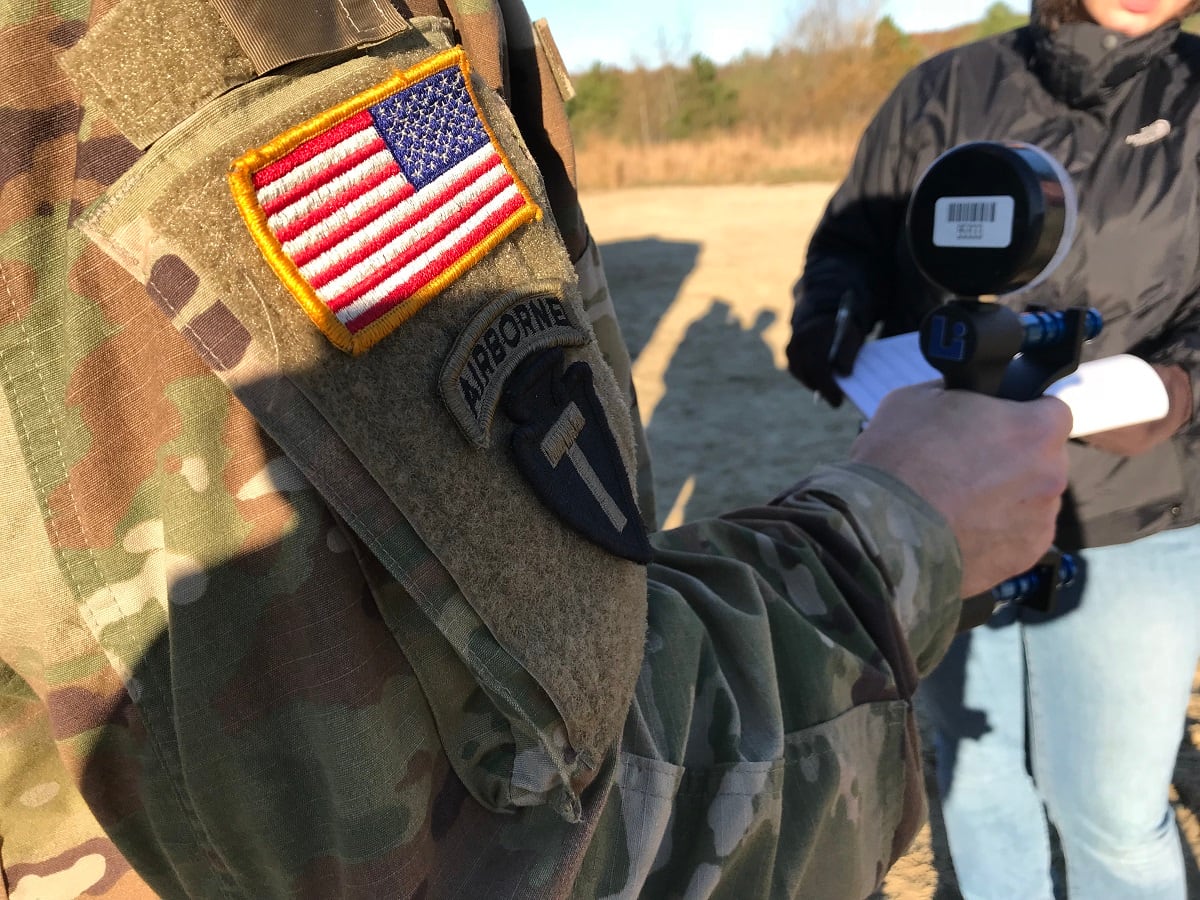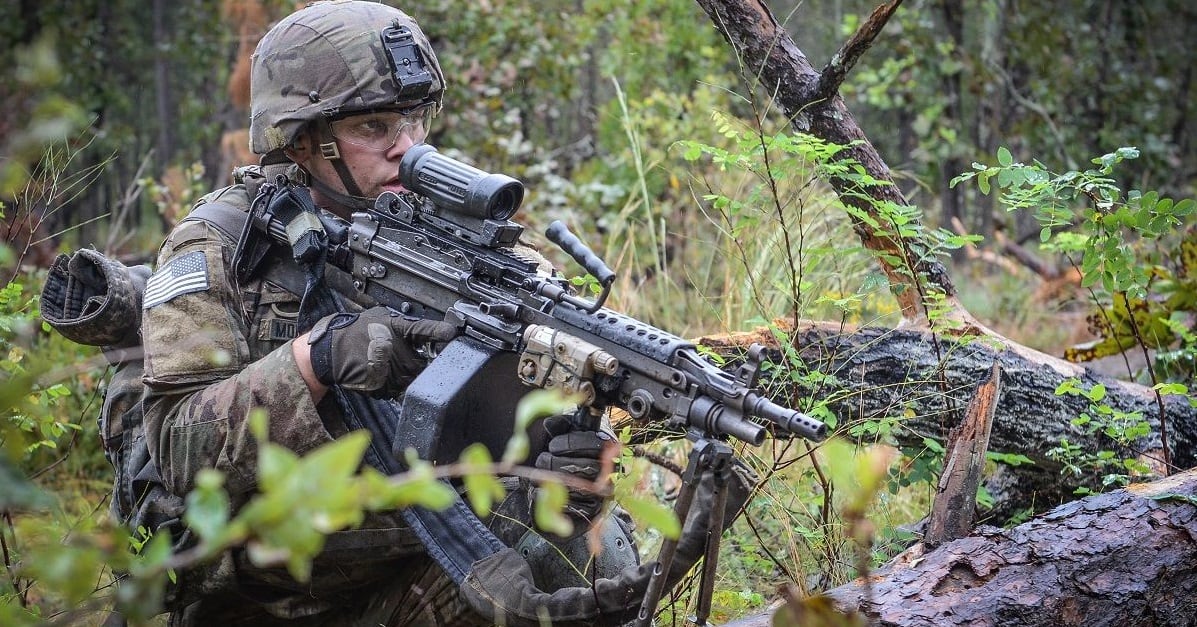Army officials recently announced a new institute they’ve established to scientifically measure and optimize soldier and squad performance.
The Soldier Squad Performance Research Institute, or S2PRINT, combines efforts of both the Natick Soldier Research, Development and Engineering Center and the Army’s Research Institute of Environmental Medicine.
The center will be built at the NSRDEC center in Natick, Massachusetts, according to an Army release.
RELATED

They’re focusing efforts on human performance optimization, looking at the cognitive, social, psychological, physical and nutrition-based performance of the individual soldier and the squad.
While many of those lanes of research have been running at various Army agencies for years, the institute will provide researchers a site to “develop validated performance and training strategies” tools and interventions for the soldier and small unit.
Areas include mitigating injury and interventions to increase resilience and longevity of the soldier and squad.
These measures fall closely in line both with recent programs under way by NSRDEC and with larger aims at the Department of Defense level to better recruit, retain and improve individual and small units under an increased focus on close combat units.
One such program, Monitoring and Assessing Soldier Tactical Readiness and Effectiveness, or MASTR-E, started in May and used paratroopers at the 82nd Airborne Division for initial assessments and measurements.
Researchers took soldiers from three platoons in the “Panther Brigade” through a 14-day field study, taking 210 performance measurements. The evolution included the spectrum of a 72-hour field mission, from pre-mission planning, through execution and into five days of post-mission measurements.
At the time, Dr. Erika Hussey, a research psychologist on NSRDEC’s Cognitive Science Team, said they were evaluating the impact of long-term fatigue and duress during the exercise on cognitive performance. Some of that included how soldiers decided what to eat and when, where to go and recalling key mission-pertinent information.
Studies at the future center, which is expected to be operational by 2023, will include several “operationally relevant laboratories” to help researchers create baselines to measure, predict and optimize performance.
The work will assist in developing and prototyping gear and new technologies as it connects to the soldier and squad, according to the release.
Todd South has written about crime, courts, government and the military for multiple publications since 2004 and was named a 2014 Pulitzer finalist for a co-written project on witness intimidation. Todd is a Marine veteran of the Iraq War.





